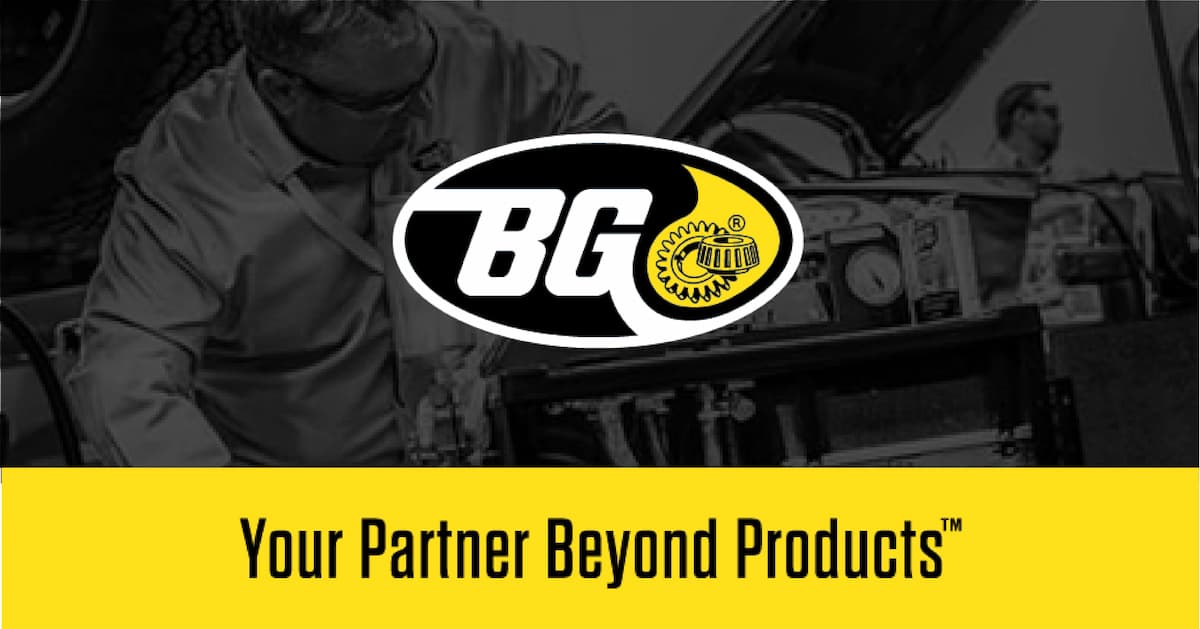Hello all,
First post here and just need some advice - the dealership service dept. recommended my 2016 150 have the following services done since it's at around the 140,000 mile marker:
Are these things actually necessary and/or worth doing, and are the prices they quoted me actually reasonable?
Thanks in advance.
First post here and just need some advice - the dealership service dept. recommended my 2016 150 have the following services done since it's at around the 140,000 mile marker:
- alignment ($149)
- fuel induction service ($276)
- transmission fluid exchange ($400)
Are these things actually necessary and/or worth doing, and are the prices they quoted me actually reasonable?
Thanks in advance.





